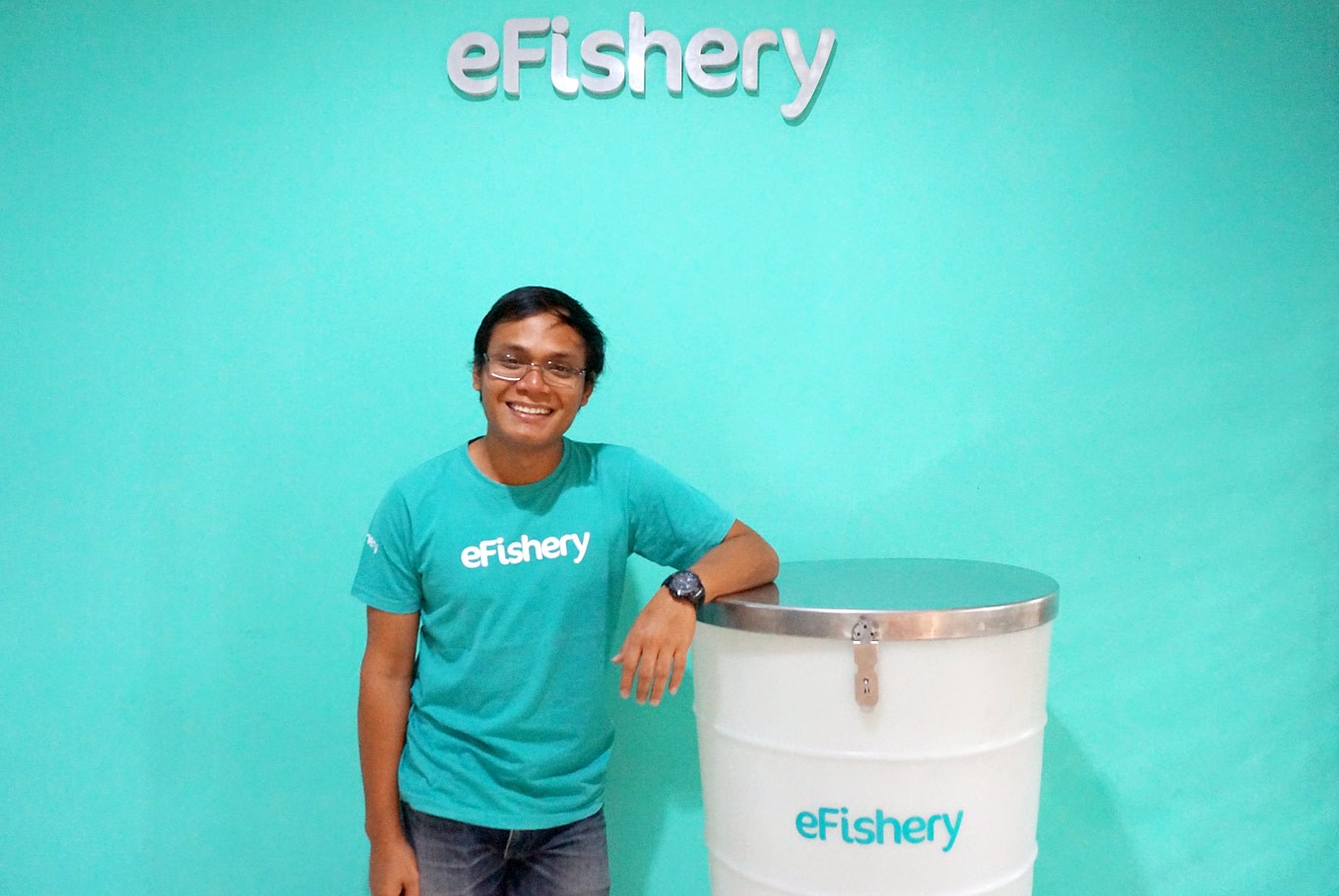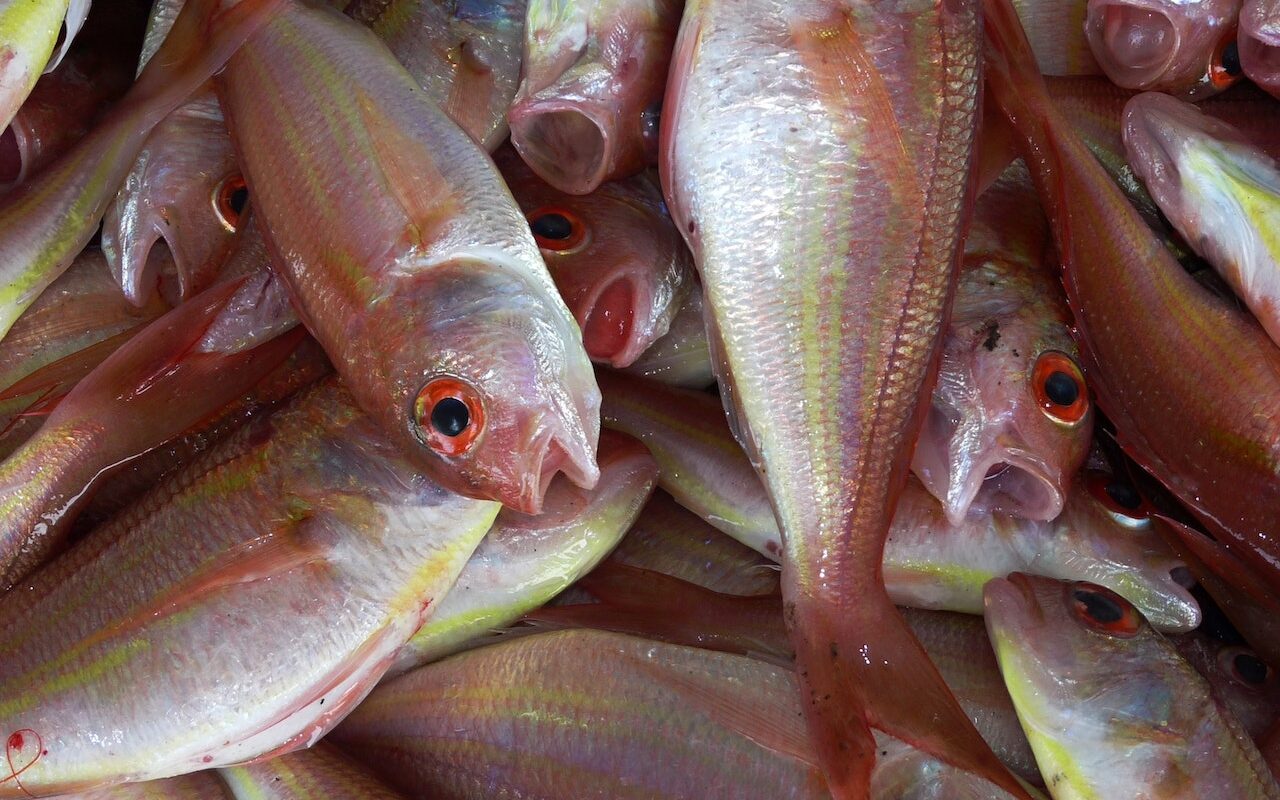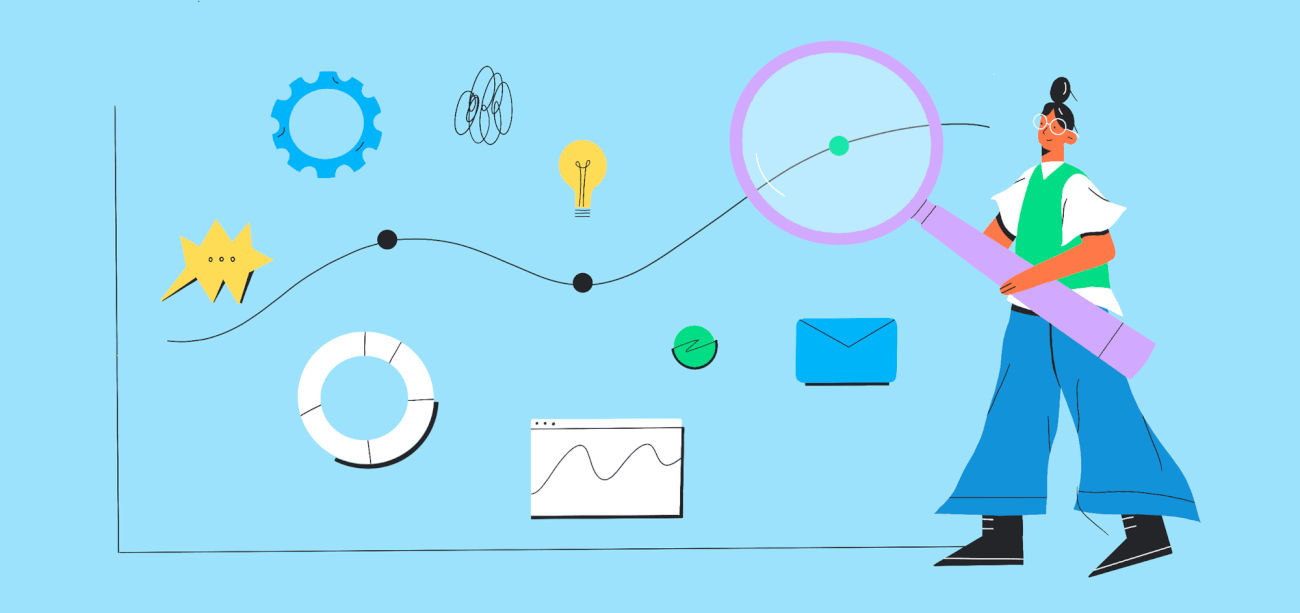Now Reading: Indonesia’s Aquaculture Startup: eFishery Raises $200 Million in Series D Funding
-
01
Indonesia’s Aquaculture Startup: eFishery Raises $200 Million in Series D Funding

Indonesia’s Aquaculture Startup: eFishery Raises $200 Million in Series D Funding
Indonesian startup eFishery has secured an impressive $200 million in a Series D funding round. With this achievement, eFishery becomes the first startup in the global aquaculture sector to surpass a valuation of $1 billion.
The company specializes in developing a smart feeding system that caters to fisheries, aiming to transform the way fish and shrimp farmers operate. eFishery has ambitious plans to expand its reach, targeting one million aquaculture ponds across Indonesia by 2025 while also venturing into international markets.
The funding round was led by 42XFund, an Abu Dhabi-based investment firm, and saw the participation of Kumpulan Wang Persaraan (Diperbadankan), Malaysia‘s largest public sector pension fund, as well as Swiss asset manager responsibility and 500 Global. Notably, eFishery received continued support from existing investors, including Northstar, Temasek, and SoftBank, with financial guidance from Goldman Sachs.
Also Read :- CADDi Secures $89 Million in Funding: Revolutionizing the Manufacturing Industry
Unlocking Indonesia Aquaculture Potential: The Remarkable Influence of eFishery

eFishery’s revolutionary impact on Indonesia‘s aquaculture sector is substantiated by a study conducted by the Demographic Institute of the University of Indonesia (LDUI). In 2022, eFishery made a big difference to Indonesia’s gross domestic product in the fishing sector, according to the study.
This contribution is of particular significance considering Indonesia’s position as the world’s second-largest fishing and aquaculture industry, surpassed only by China. The country currently produces a staggering 5.8 million tons of fish annually, as reported by the World Atlas.
Founded in 2013 by CEO Gibran Huzaifah, eFishery’s journey began in Bandung, West Java. The company currently serves a vast network of 70,000 fish and shrimp farmers across 280 cities in Indonesia.
eFishery has an automated feeding system that uses the Internet of Things (IoT). It also has an integrated platform that includes marketplaces for selling fish and shrimp feed to farmers, connecting B2B consumers with fresh fish and shrimp products, and giving fish farmers custom financial solutions.
How Huzaifah Vision Transformed Indonesia’s Fish Farming Industry

Huzaifah’s vision for eFishery stemmed from his experience in the catfish farming business during his college years. Recognizing the criticality of feed management, Huzaifah realized that a staggering 80% of the total production cost was allocated to feeding. However, many farmers still resorted to manual feeding, resulting in uneven fish sizes due to inconsistent food distribution.
This discrepancy posed a significant challenge as buyers typically have specific size requirements. Moreover, overfeeding not only wasted resources but also caused nutrient runoff, leading to water pollution.
Driven by a passion for technological innovation, Huzaifah aimed to disrupt the aquaculture industry with eFishery’s smart feeding system. However, the journey was not without obstacles, as fish farmers initially exhibited resistance to adopting the new technology.
Through relentless persuasion, Huzaifah eventually convinced them to give it a try, even though their motivation stemmed more from empathy than belief in the technology itself. Many farmers were not regular internet users, necessitating basic training on internet usage.
Also Read :- Big Ideas to Make Your Small Business Thrive
From creating email accounts and navigating social media platforms to accessing informative content on YouTube, Huzaifah guided the farmers through the digital landscape.
Despite the considerable size of Indonesia’s aquaculture industry, Huzaifah maintains that it has merely tapped into 7% to 9% of its total potential. Several challenges impede its growth, with one notable obstacle being fragmentation. Indonesia comprises 34 provinces, each with distinct business practices, thereby demanding localized strategies for success.
Huzaifah learned firsthand the importance of respecting local players, which involved adapting to local dialects and cultivating relationships with middlemen. In one instance, eFishery encountered an issue where some middlemen contaminated their ponds.
Through constructive discussions, Huzaifah and his team discovered that these middlemen were driven by their entrepreneurial spirit. Instead of dismissing them, they transformed them into valuable local partners, leveraging their local wisdom, connections, and assets.
To enhance Indonesia’s aquaculture industry and increase fish exports, Huzaifah emphasizes the necessity for collaboration between communities, the government, and institutions. This collaborative effort should focus on enhancing fishery operation infrastructure to handle larger volumes of fish and improve overall product quality.
Also Read :- Why TikTok Is Going To Extinct












